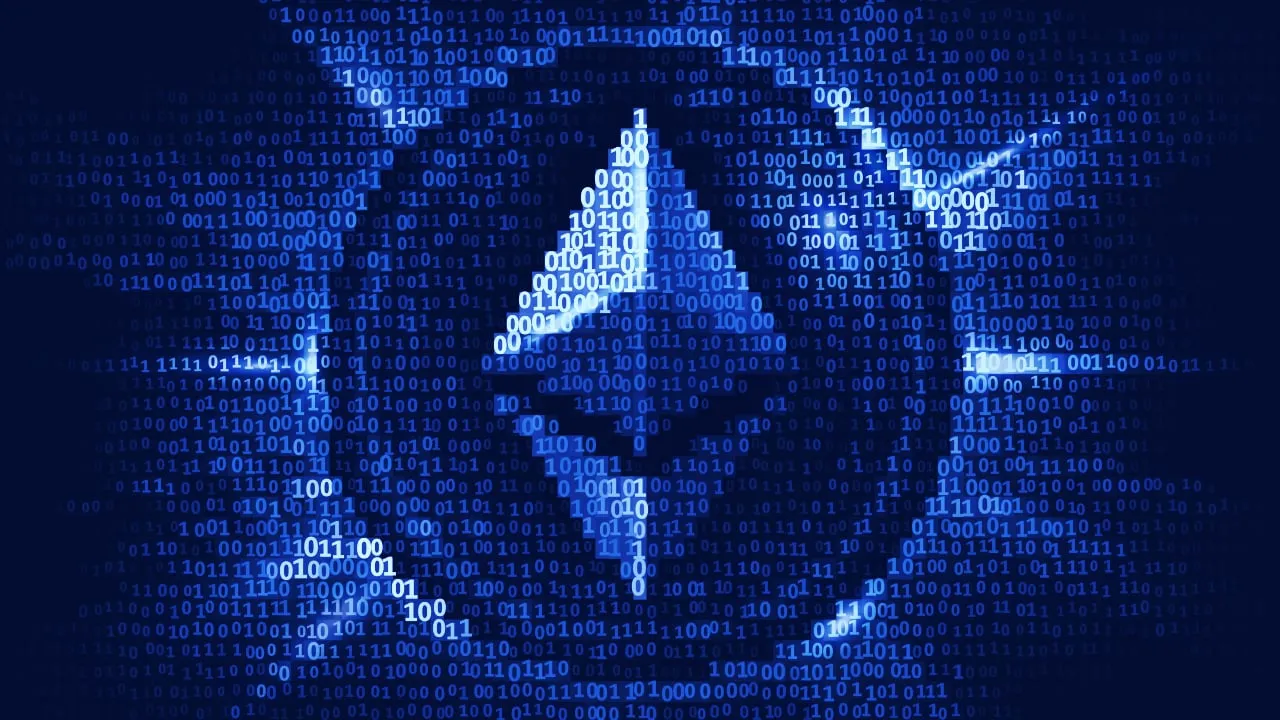In brief
- Eth2 testnet validators are staking nearly 2 million testnet ETH in the leadup to mainnet release.
- Eth2 will introduce staking rewards, but validators also risk being slashed for bad blocks.
- Eth2 Phase 0 is expected to launch in November.
Eth2, an upgrade to the decentralized Ethereum blockchain, has been in development for over four years. A lot of people are helping it get ready for primetime.
According to data from testnet block explorer beaconcha.in, more than 60,000 validator nodes have been activated on the Eth2 Medalla testnet, where they have collectively staked nearly 2 million testnet ETH, known as Görli ETH.
This shows a substantial appetite among Ethereum users for the anticipated rewards of the forthcoming proof-of-stake network.
There’s a lot at stake, so to speak. Eth2 promises to dramatically increase the transaction processing capacity of Ethereum, from about 15 per second today to more than 100,000. Low throughput on Ethereum has caused transaction fees to skyrocket during recent periods of heavy use, pricing out many users unwilling or unable to pay $10 or more for each interaction.
The Ethereum and Bitcoin blockchains currently use the same method, or consensus mechanism, to come to agreement on how to generate blocks. That’s proof-of-work consensus, in which specialized mining hardware processes mathematical calculations to unlock the next block in the chain.
One of Eth2’s most important changes will be shifting the network to proof-of-stake consensus, in which a network of validators stake ETH to vouch for a particular block to be added to the chain. If a validator node vouches for a block that the collective network determines to be invalid, either by mistake or while attempting to send malicious transactions, the node’s ETH stake can be ‘slashed’ to discourage bad blocks from propagating.
On the other hand, validators receive rewards for vouching for, or ‘attesting’, blocks that are accepted by the overall network. Staking rewards depend on a variety of factors, but calculators have been developed to pencil out potential earnings.
In addition to the Medalla testnet, one final short-term testnet is being spun up, codenamed Spadina, to offer early Eth2 validators and developers a dress rehearsal for the genesis launch of Eth2. Spadina, which will only run for three days as node operators deposit testnet ETH, is intended to smooth the transition to successfully firing up Eth2 nodes.
Eth2 is expected to launch in November 2020. Yet the official launch will be just the first phase of a staged rollout potentially extending as far as 2022. With staking rewards on the horizon, and the opportunity to be a part of the future of Ethereum, the growing community of validators ready to power the network have plenty of reasons to be excited.

